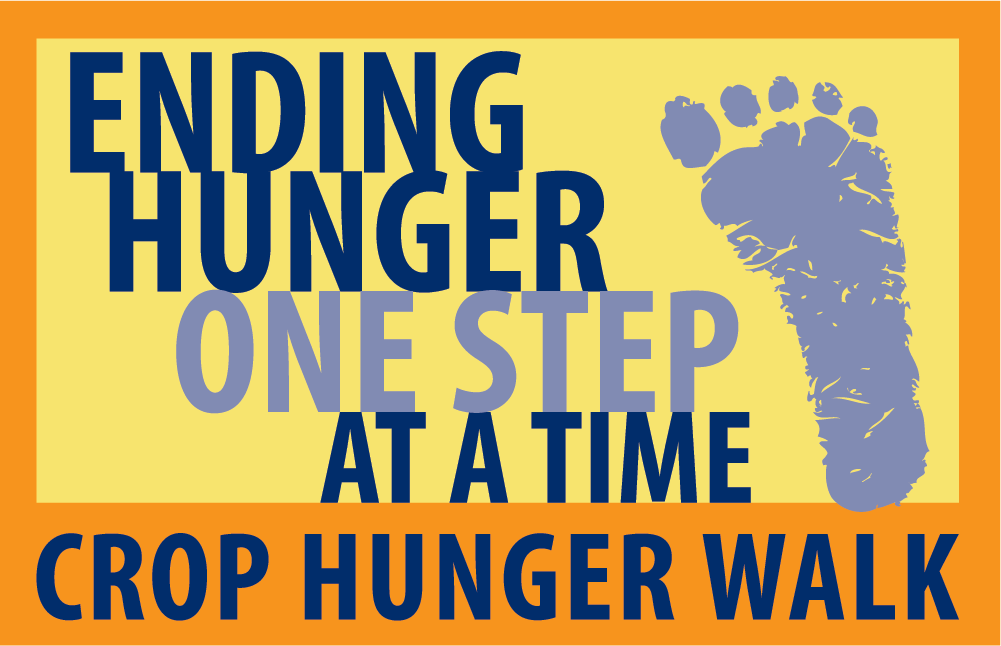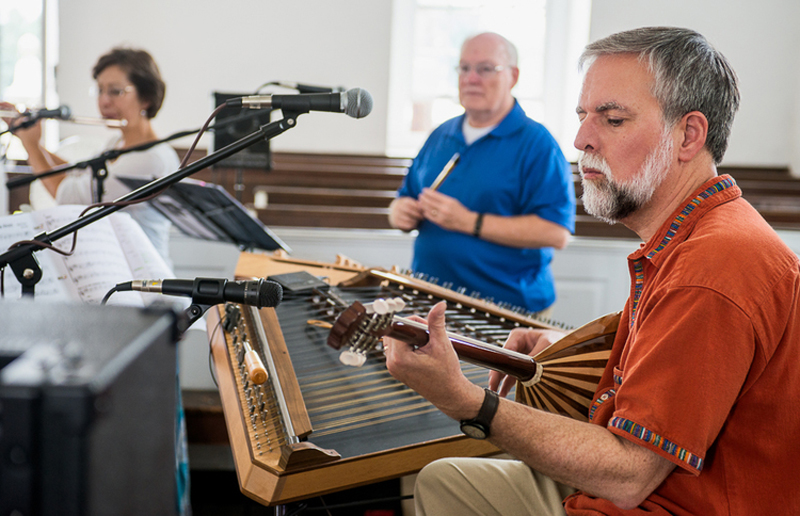News
September 2023 Session Highlights
September 27, 2023- Approved a building use request from Derry member Bob Foster to host a seminar with guest instructors on the martial art of Japanese swordmanship on Friday, November 10 and Saturday, November 11 from 9:30 am – 4 pm both days in Fellowship Hall.
- Transferred the membership of Doug & Denise Ebner to First Presbyterian Church in Grove City, Ohio.
- The Treasurer reported that August income not only was below budget but also was the lowest income month in over 10 years. We are currently $65,000 under our budgeted income for the year to date. Expenses also less than the amount budgeted offsetting some of the negative effect of the lower income.
- The Personnel Committee requested approval of an updated Employee File Retention Guideline policy to ensure compliance with federal laws. After review, the Session approved the new policy.
- The Personal Committee also submitted a position Description for an Associate Pastor for Christian Education/Director of Christian Education that was developed in conjunction with the Christian Education Committee. Considering M.E. Steelman’s recent announcement to step away from her position, the Committees are developing a plan to hire support for Christian education and ongoing faith formation at Derry. The current plan would be to employ an interim individual to give the committees time to establish a long-term Christian education vision for Derry. The eventual plan may be to hire an Associate Pastor as outlined in the submitted job description. After discussion, the job description and a process for interviewing individuals for the interim position were approved.
- The Communication & Technology Committee submitted a CPR for additional chancel mics and related electrical work. The cost of the project is approximately $15,000 and will be funded through the generous support of a Derry member. Elders will review the CPR with their committees to address any questions or concerns.
- Communication & Technology also submitted for review a project to install new interior signs. These signs will be designed & installed by Stoner Graphix, the same company who prepared our exterior signs. The project was approved at a cost of $9,996.60.
- The Stewardship & Finance Committee submitted preliminary expense budget numbers for 2024 based on the committees’ requests totaling $1,442,335. The 2024 Stewardship campaign will kick off on Sunday, October 1 with this year’s theme being “God Gives.”
- Pastor Stephen has proposed to the Personnel Committee that his terms of call remain the same for 2024. Rather than receive an increase, he suggested using the Brong Scholarship to fund an opportunity he has to visit India in 2024. He would use his experience in traveling to lead a class on exploring world religions through the lens of Christianity. After discussion, the session approved using the Brong Scholarship to cover up to $10,000 of Pastor Stephen’s travel expenses.
- Stewardship & Finance requested approved to change signatories on Derry’s Vanguard accounts. New signatories will be Greg Taylor, Duncan Campbell and George Porter. The request was approved.
Personnel Committee Update
September 27, 2023The Session met last Wednesday and discussed our immediate staffing needs since M.E. Steelman is transitioning out of her position as Director of Church Life and Connection in order to have more time with her family.
The Personnel Committee heard from the Christian Education Committee about the biggest needs and desired timeline for additional staff help, particularly with our children and youth programming.
Session approved a proposal and process to search for an Interim Associate Pastor for Christian Education or Director of Christian Education. This would be a two-year position with the possibility of applying for a permanent position if the church discerns this is the kind of position we need long-term. This two-year position will give us immediate stability for Christian Education programs as well as time to discern long-term staffing model needs.
The Personnel Committee will work with the Christian Education committee to interview candidates. We will identify and interview candidates over the next month.
Derry Discovery Days Stride and Ride Fall Festival
September 27, 20239 – 11 AM SATURDAY, SEPT 30 AT PATRIOT PARK, 161 PATRIOT WAY, HUMMELSTOWN (OFF ROUTE 39)
Join the fun as our preschool raises funds for playground improvements, including a new slide structure. Derry Church and Discovery Days students and family members will be biking, scootering, strollering, or walking 1/4 mile loops around the park and then celebrating with fall treats and activities. If you’d like to donate to the cause, ask any DDD student about contributing to their personal fundraising page, or you can write a check payable to Derry Church notated Discovery Days fundraiser.
sign up for the 2023 CROP Walk!
September 27, 2023
Sign up in the Narthex on Sundays or click here to join the Derry Church walkers or to make a donation
The 38th Annual Hershey/Hummelstown CROP Hunger Walk is right around the corner! On Sunday, Oct 22 churches from the Hershey/Hummelstown area will once again join Church World Service to raise funds to end hunger around the world and here at home. 25% of the funds raised stay here to support local food banks and feeding programs.
During the pandemic fundraising lagged, but the number of hungry people continued to grow. The Hershey/Hummelstown CROP Hunger Walk planning team hopes to get back on track this year by increasing the number of walkers and donations. Our community goal is $10,000. We can meet that goal with your help:
- Mark your calendar and join the Walk on Sunday, October 22 at 2 pm on the Milton Hershey School grounds.
- Invite family, friends, and leashed pets to join you.
- Request donations from family, friends, and neighbors.
- Register for the walk online or at the registration table in the Narthex between services and after the 10:30 am service. Registration and donations will also be accepted at the CROP Walk. Look for the registration table near the start line.
- Make a donation: you can give online or make checks payable to Derry Church, notated CROP Hunger Walk 2023.
- Contact Marilyn Koch, Carl Rohr, or Jane Robertson if you have questions.
Please support the Walk in any way you are able. It’s easy, it’s fun, and it does a whole lot of good!
Submissions Requested for Derry’s 2023 Advent Devotional
September 27, 2023You’re invited to contribute to Derry’s 2023 Advent Devotional, “Home for Christmas.” This year we’re focusing on how we find hope, peace, joy, and love at home during the Advent and Christmas season.
You could write about what brings you hope when you think about being home (or your family being home) for Christmas, or what you’ve learned about peace while at home for Christmas (or longing to be home). You could write about focusing on joy in your home, or how love is found at home for Christmas.
Click this link to sign up to share a meaningful message of faith with your church family this holiday season. Submissions due to Sue George by Monday, Nov 6.
“Surviving the Holidays” 2023 GriefShare Workshop
September 27, 202310 AM – 12 PM SATURDAY, NOV 4 IN ROOM 7
For those grieving the loss of a loved one, this workshop helps with support, encouragement and advice for the upcoming holiday season. Free. RSVP requested: email the church office or call 717-533-9667.
Arts Alive Presents Rizzetta’s Tones
September 27, 20234 PM SUNDAY, NOV 5 IN THE SANCTUARY • FREE WILL OFFERING

Rizzetta’s Tones is a Celtic Americana band comprised of ‘fraternal twin’ hammer dulcimers, silver flute, high and low whistles, guitar, bass guitar, plus alto and bass melodions. Their sound is often spiced up with button accordion, Greek bouzouki, mandolin, autoharp, ukulele, as well as bodhran, djembe, and other percussion instruments (yes, even three frogs!)
Band members Randy Kochel, Amanda Wells, Linda Lohr, Bill Stine and Jared McDonald sing lead and backing vocals on songs poignant and humorous. Repertoire includes music from Ireland, Scotland, and the USA, drawing as well from the traditions of other lands.
Forging new arrangements and writing their own material, the ensemble presents audiences with a pleasing twist while respecting musical traditions. Members have previously performed and recorded with Gladly Playe Wyth Stryngs, From the Well, Fargo Wagon, and Crofter’s Heir. Get ready for a journey of exciting instrumental and vocal experiences!
Sunday Sermon Conversation Starters 10/1/23
September 27, 2023You are invited to ponder and discuss the following questions with your family, with small groups and committees, or on your own so what happens in worship can follow you, inspire you, and guide you throughout the week:
- When have you wondered in awe at the majesty of God’s creation: its beauty, vastness, or intricacy?
- How have you been most appreciative of the gift of creation? When have you taken it for granted or not treated it as well as you could?
- God gives us the gift of creation: of life and a place to live it. How might this gift inspire us to give in a similar way?

2023 Korean Food & Culture Festival
September 27, 20239 AM – 2 PM SATURDAY, OCT 7 AT THE HARRISBURG KOREAN PRESBYTERIAN CHURCH, 1127 SLATE HILL ROAD, CAMP HILL
Come experience Korean culture through activities, and folk performances! A variety of Korean foods are available for purchase (Bibimbob, Bulgogi, Kimchi, etc) for $10-$20. Enjoy performances by the Harrisburg Korean Culture School and Selahart group from 11 am – 1 pm.
Sept 2023 Financial Snapshot
September 20, 2023Cash Flow – Operating Fund as of 8/31/23:
| ACTUAL | BUDGETED | |
| Income YTD: | $801,031 | $866,667 |
| Expenses YTD: | $839,643 | $913,921 |
| Surplus/(Deficit) YTD: | ($38,612) | ($47,255) |
Treasurer’s note: August income was the lowest in over 15 years, resulting in a year-to-date deficit for the first time this year, even though expenses for the month were below budget.
Parking Lot Alert
September 20, 2023Drainage work behind Fellowship Hall will be under way by the end of the month, which may block access to a number of parking spaces along the back of the building during the week. Watch for signs and heavy equipment in use.
Officer Elections on Oct 8
September 20, 2023A congregational meeting will follow 10:30 am worship on Oct 8 for the purpose of electing six elders and five deacons for the class of 2026, and four church members to serve on the 2024 nominating committee.
These Derry members have accepted nominations:
Elders, class of 2026: Marion Alexander, Elizabeth Southerlan, Wally Patton, Mike Leader, Greg Taylor, and Julie Miller.
Deacons, class of 2026: Jim Provins, Cindy Wolfe, James Gorman, Lori Klucker, and Dottie Bossler.
2024 Nominating Committee: Bill Parrish, Suzie Gloeckler, Luke Gawron, and Mike Kinney